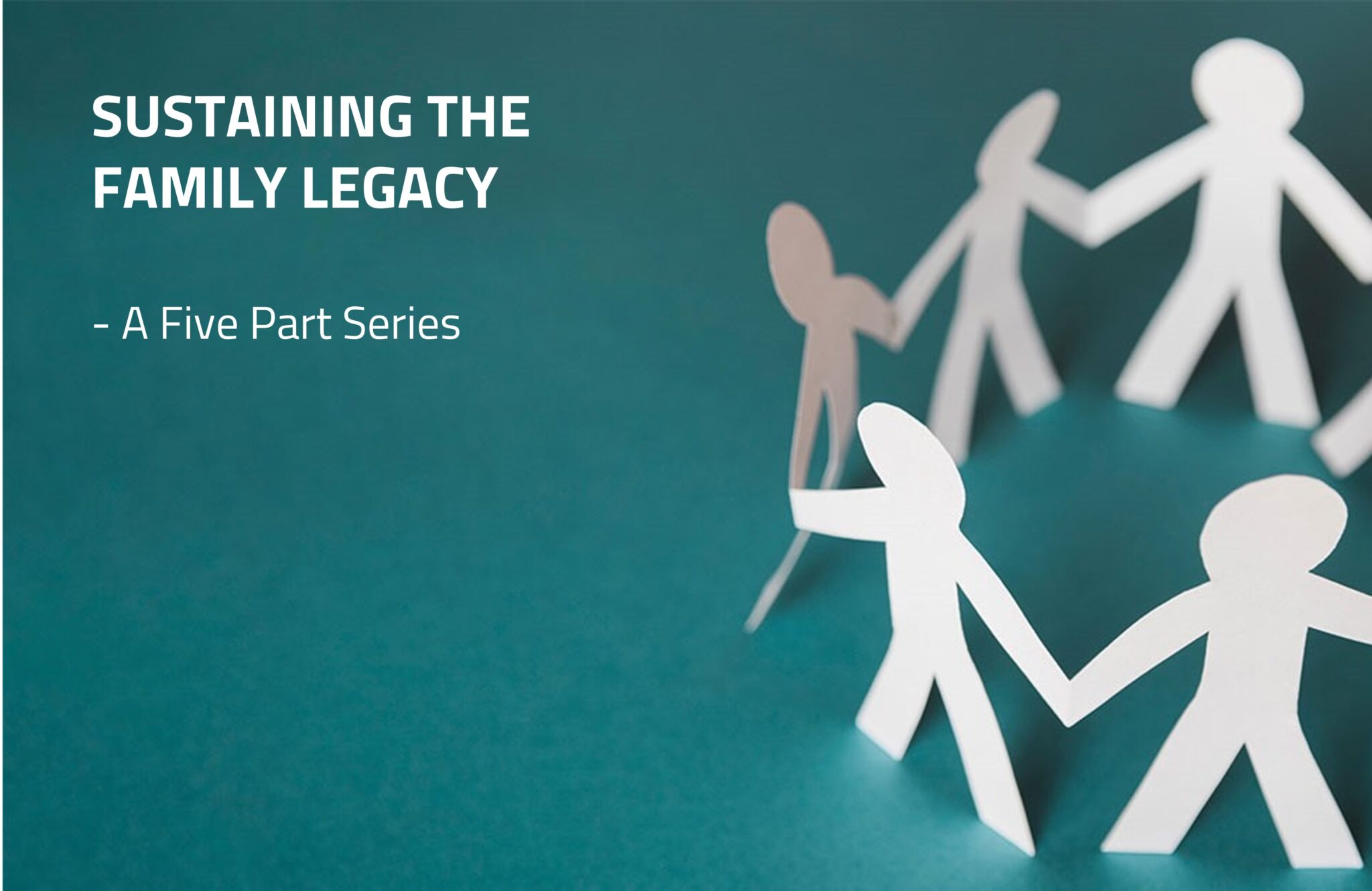Introduction

There are very few controversial topics in a family business as employee compensation. Since most of the employees in a family business are related to each other, designing an appropriate compensation plan which is fair for both family and non-family employees becomes extremely trickly. Usually in a family business, we see that family members are paid more irrespective of their contribution, simply because they are born in the family. Among family employees, paying some more than others can lead to resentment, conflicts, and a lot of internal issues, even if the pay appropriately reflects the contribution and competencies.
Given the personal histories, conflicting values, rivalries, and strained relationships of employees in a family business, friction related to remuneration can be the catalyst that seriously hampers business growth and can even lead to the demise of the family business. This shows the kind of complexities involved in determining appropriate remuneration.
Creating a strategic and well-defined compensation plan can ensure that all family relationships remain harmonious. It also gives a sense of fairness to non-family employees establishing high morale and low turnover. All this directly contributes to the health of the business and advances its long-term goals. In this article, we look at some of the common pitfalls of employee compensation and the best practices.
Common Pitfalls
- Same Compensation for Everyone: Giving all employees the same compensation, irrespective of their skills, contribution and core competencies is a big mistake. Not all employees contribute equally or have the same skill sets. Family and non-family employees both can feel demotivated if they are more qualified or if they are contributing more than other employees. It can also lead to a lot of internal conflicts and dissonance within the business.
- Higher Compensation for Family Members: We briefly discussed how overpaying family members simply because they were born into the family can cause issues. While demotivation and resentment of non-family members are some obvious consequences, the business could also end up losing some of these extremely talented individuals. Failing to fairly compensate and reward these individuals and their contribution is a huge mistake.
- Emotion Based Compensation: Compensation based on emotions can create problems. There are cases when family member’s compensation is based on his or her needs, lifestyle, medical conditions, etc. Some family members are compensated for a made-up role just because they don’t have anything else to do. Heirs can pe paid more than other employees. They can also be excessively rewarded to keep them in check and in control. When all this happens, the company is not compensating its employees based on their performance or qualifications. The emotional pressure is dictating the compensation polices in such cases. This can lead to a lot of internal issues.
- Lack of Market Knowledge: Lack of understanding of the current compensation practices and norms can be a huge disadvantage. Lacking knowledge on base salary, annual incentives, rewards and benefits and trends can hinder the ability to grow. Paying significantly over or below market benchmarks can destroy the business from within.
Best Practices
- Realistic Compensation Plan: A thoughtful and realistic compensation strategy must be developed. Once a strategy is ready, a compensation plan customized to the business requirements must be established. The plan must have clearly defined roles and responsibilities along with the expectations from a role. The skill requirements should match the compensation for a particular role. Any rewards or bonuses must be based on a pre-determined criterion. Using industry benchmarks to determine the level of compensation can help establish roles and manage expectations.
- Performance Review Systems: Create an effective performance evaluation system with certain benchmarks and criteria that must be met to get increments, promotions, and bonuses. This will help business owners understand the performance trends and contribution levels of all employees. This will also hold both family and non-family members equally accountable.
- Clear Communication: Having an honest discussion with all employees about the compensation plan and its structure will make them more appreciative of all the complexities. Involving all stakeholders during this discussion will help them understand the rationale behind the compensation plan. This ensures that everyone involved understands the issues and the business’ approach to compensation. Being transparent will also inculcate a sense of fairness among non-family employees.
- Compensation Committee: Establish a compensation and remuneration committee that involves both dependent and independent committee members. These members should meet regularly to review different compensation elements and update the policies and procedures according to the business needs and market trends. They can also set the tone and manage employee expectation early on.
- Get Help from Outside: Getting outside help from consultants or advisors can clarify a lot of ambiguities related to this process. The experts will guide you and help you establish long-term systems and policies that will be effective from generation to generation.
- Documentation: All the employment agreements, job descriptions, pay review process, compensation process, benefits and perks etc. must be documented and recorded with the signatures of all employees. This can save you from a lot of legal trouble later.
- Recognize Other Ways to Compensate: Employees can be compensated in other ways too. Benefits and perks are valued by employees and shouldn’t be ignored. Some part of the budget should be saved for paying benefits and bonuses from time to time.
Conclusion
We have seen the complexities associated with having a fair and effective compensation plan above. The tricky part here is to manage employee expectations as well as company interests. A family business must ensure that the employees are compensated in a way that is deemed fair by both family and non-family employees and is entirely dependent upon the performance, skill set, and competencies of individual employees.
For the business to be successful and sustainable, the employees must work together as a team and advance the long-term goals and objectives of the business. Conflicts must be resolved openly, and the entire process must be transparent. All parties involved should be taken into confidence and the rationale behind the decisions should be explained to eliminate any dissonance. Contributions and achievements must be rewarded appropriately. It is also important to hold all employees equally accountable for any dip in performance. Doing this will ensure that all employees are happy and motivated. More importantly, the business has a better chance of long-term survival if all employees are satisfied and working together for the betterment of the business.
Also Read: Part 4 – Successful Hiring of Professional Non-Family Members in Family Businesses
